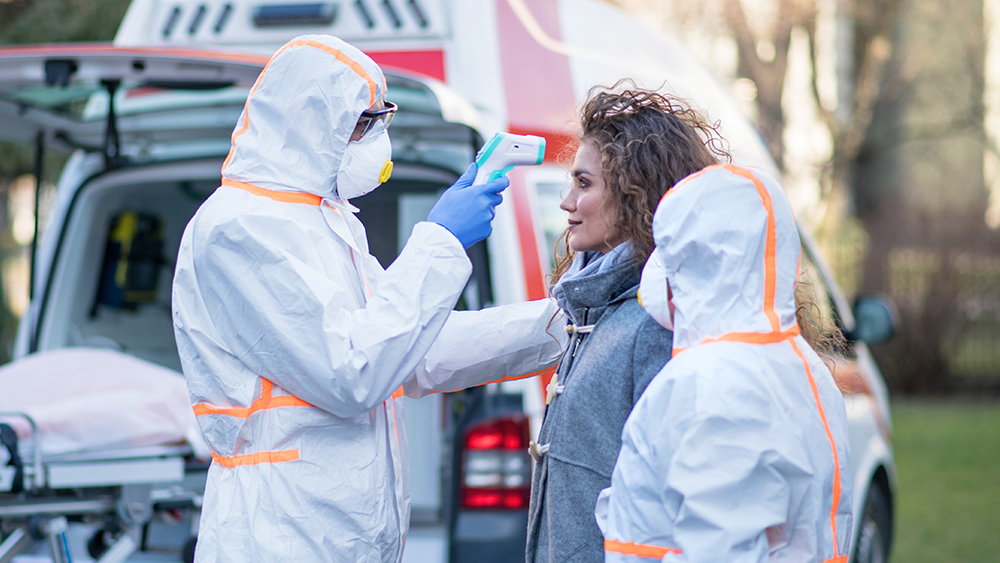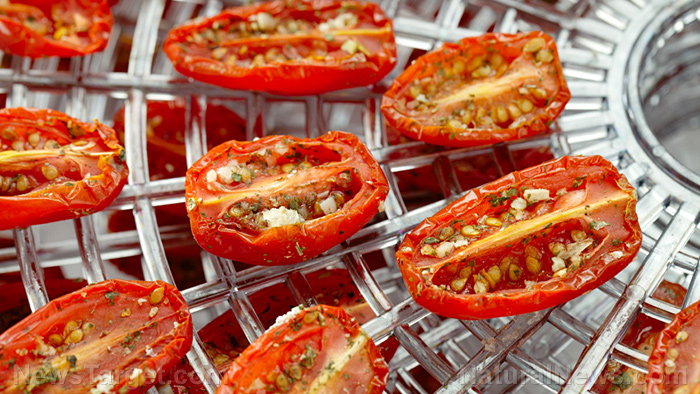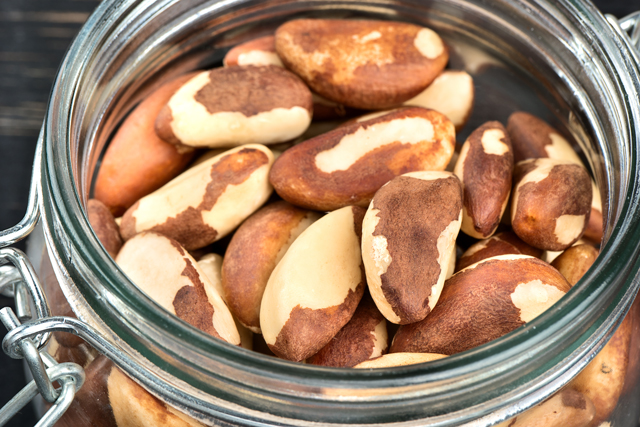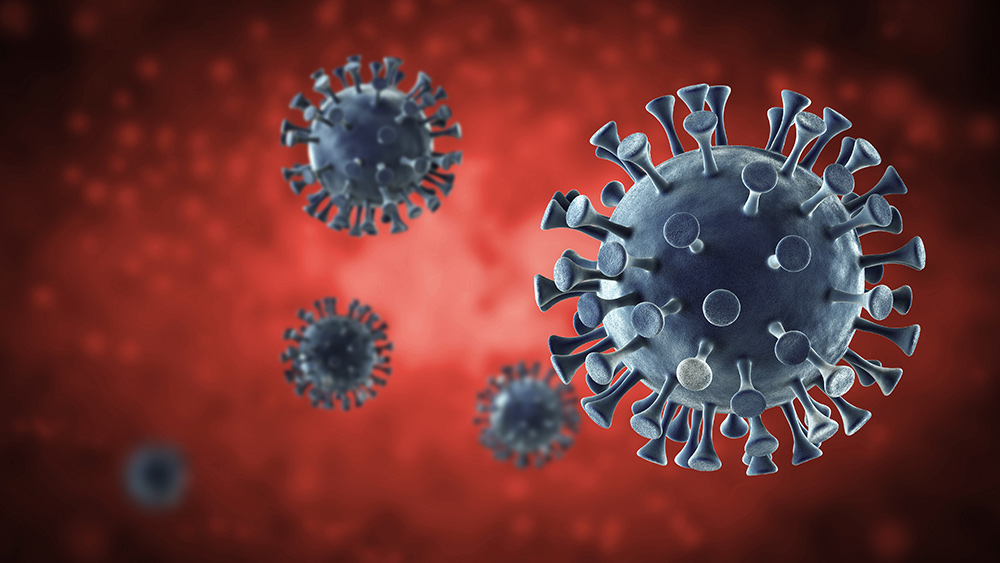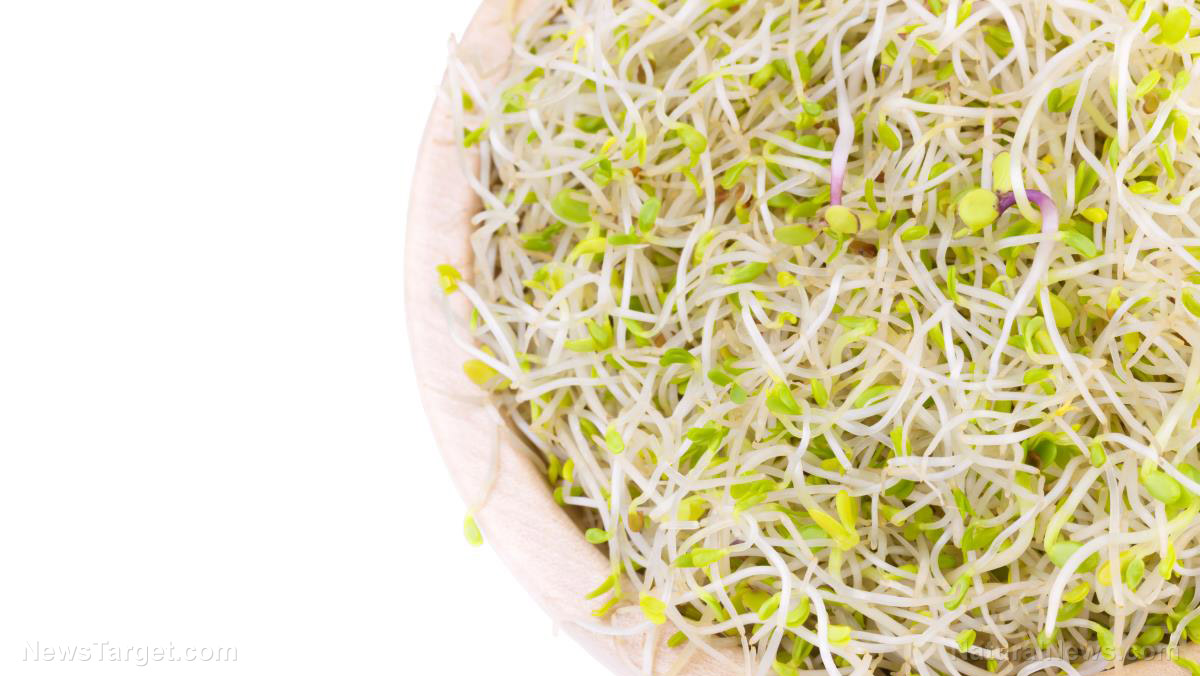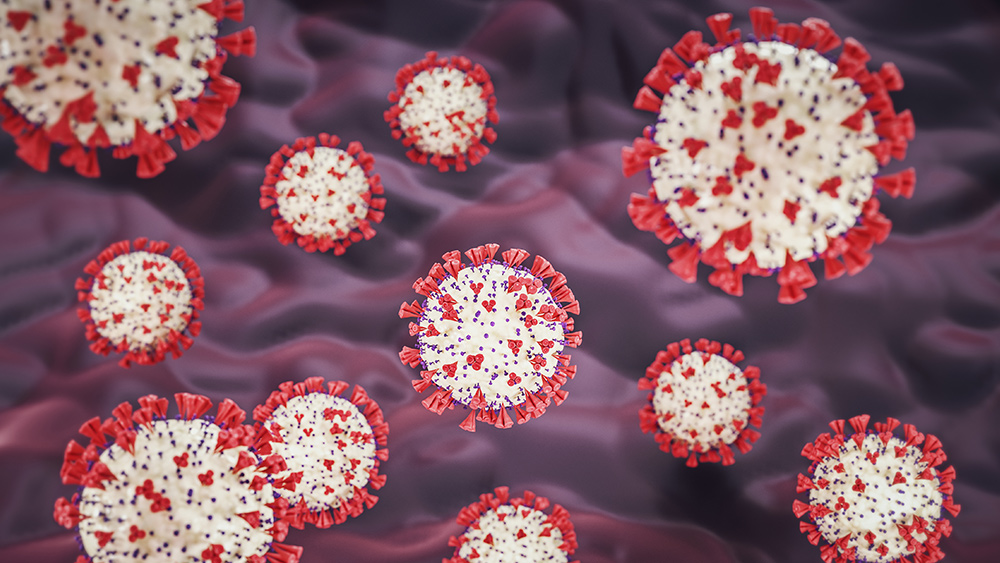Cheers to Mars: Astronauts may take red wine when they travel because of the health benefits of resveratrol
04/08/2020 / By Arsenio Toledo

Long spaceflight missions, such as future manned missions to Mars, can result in astronaut “deconditioning,” or a loss in bone density and a decrease of muscle mass. However, many of these negative effects can be alleviated with the help of a key ingredient in red wine: resveratrol.
With today’s technology, astronauts will be able to reach Mars in about nine months. Given that many state and private space agencies are now focusing on putting people on rockets heading for Mars, many researchers are now looking into ways to make sure that astronauts will be able to stand when they reach the Red Planet.
According to this study, which was published in the journal Frontiers in Physiology, resveratrol, a key ingredient in red wine, may be able to substantially preserve the muscle mass and strength of these astronauts. The antioxidant and anti-inflammatory properties in resveratrol could potentially support muscle and bone health in space.
Therefore, researchers from Harvard Medical School’s Beth Israel Deaconess Medical Center hypothesized that giving astronauts a moderate daily dose of resveratrol – either through red wine or any other resveratrol-rich foods – could help mitigate muscle deconditioning in Martian gravity.
Muscle strength and mass in Martian gravity
In the study, the researchers fitted lab rats with full-body harnesses and suspended them by a chain from their cage ceiling in an attempt to mimic the gravity on Mars. Twenty-four male rats were fitted this way and were either exposed to normal loading, to mimic the gravity of Earth, or 40 percent loading, to mimic the gravity of Mars, for 14 days. For both the Mars and Earth groups, half received 150 mg/kg of resveratrol each day and the other half received only water. Calf circumference and front and rear paw grip force were measured every week. At day 14 of the study, the calf muscles were analyzed.
The Mars group of rats had significantly weaker paw grips and had shrunken calves. Their muscle weight was also reduced. However, if they had been given resveratrol, their paw grip strength was almost to the level of the non-supplemented Earth rats.
Furthermore, resveratrol protected the muscle mass of the Mars rats. In particular, it reduced the loss of slow-twitch muscle fibers. But the supplement didn’t offer full protection, as resveratrol wasn’t able to rescue the deterioration of the calf circumference of the Mars rats. Resveratrol also didn’t affect food intake and body weight.
Red wine as a supplement for long space flights
According to Marie Mortreux, lead author of the study, resveratrol’s effects can be understood through insulin sensitivity.
“Resveratrol treatment promotes muscle growth in diabetic or unloaded animals by increasing insulin sensitivity and glucose uptake in the muscle fibers,” said Mortreux. “This is relevant for astronauts, who are known to develop reduced insulin sensitivity during spaceflight.”
According to Mortreux, the anti-inflammatory effects in resveratrol could be used to conserve muscle and bone. Other studies are being done on different antioxidant-rich superfood sources of resveratrol, such as dried plums, to further test Mortreux and her team’s theory.
They hope to continue their studies to explore the different mechanisms that enable resveratrol to preserve muscle mass and bone density. They also hope to experiment with different doses of resveratrol. They want to see what the effects of higher doses, up to 700 mg/kg of resveratrol per day, could have on the body. (Related: Resveratrol in red wine shown to lower blood pressure in animal subjects.)
If their research could definitively prove that astronauts can greatly benefit from resveratrol during their long space flights, then perhaps a bottle of red wine in space might be a welcoming idea.
Head over to SupplementsReport.com to learn more about the health benefits of resveratrol.
Sources include:
Tagged Under: antioxidants, astronauts, dried plums, food cures, food is medicine, functional food, grapes, Mars, muscle mass, muscle strength, muscles, nutrients, red wine, resveratrol, Space, space exploration, space missions, Spaceflight



